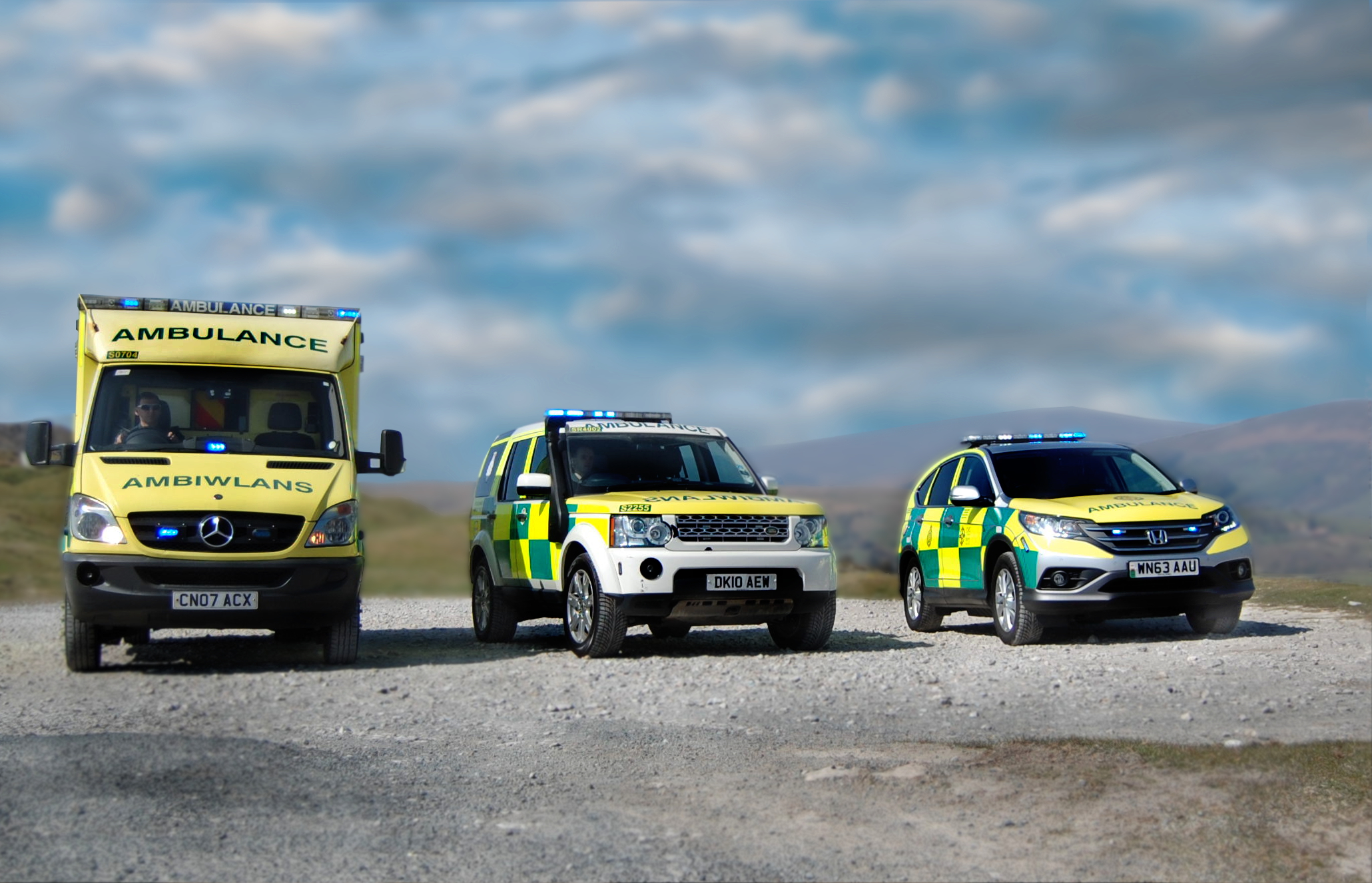
A National Assembly for Wales committee has welcomed progress made in the performance of the Welsh Ambulance Service, but warns of 'significant regional variations'.
Following up on an earlier inquiry examining the service, the Health and Social Care Committee welcomes what it called 'marked progress' in a number of areas including senior leadership, more effective deployment of ambulances, and the introduction of a new clinical response model.
The new model, currently being trialled for a year, categorises 999 calls into red, amber and green:
- Red: immediately life-threatening. The target is for 65 per cent of emergency responses to arrive within 8 minutes.
- Amber: serious but not immediately life-threatening.
- Green: non-urgent (can often be managed by other health services) and clinical telephone assessment.
During October last year 68.7 per cent of red category calls were answered within eight minutes across Wales. However, when broken down by local health board the Committee found significant regional variations with 73.4 per cent of calls answered within eight minutes in Betsi Cadwaladr, but only 57.6 per cent in Hywel Dda.
The Committee says this should be addressed as a matter of priority. The Committee is also concerned about the publication of data, with the Welsh Government releasing statistics on a quarterly basis. It calls for a comprehensive suite of data, which should be broken down by local authority area, to be released on a monthly basis to ensure transparency and accountability.
Further concerns were raised around continuing staffing issues, patient handover times at hospitals, and ensuring the progress made to date is sufficiently embedded and sustainable.
"The Committee welcomes the marked progress that has been made in a number of areas since March 2015, including senior leadership, more effective deployment of ambulances, and the introduction of a new clinical response model," says David Rees AM, Chair of the Health and Social Care Committee.
"This progress is to be commended. Nevertheless, the Committee would like to see firm assurances from the Welsh Ambulance Services NHS Trust, stakeholders and the Welsh Government that the progress made to date is sufficiently embedded to ensure lasting change and improvement.
"Additionally, the Committee believes that further progress is needed particularly with regards to the publication of performance data, resolving outstanding staffing issues, and building upon the work being undertaken to diversify patient pathways."
The Committee heard from: the Emergency Ambulance Services Committee; the Welsh Ambulance Services NHS Trust; local health boards; and trade unions during oral evidence sessions on 3 December 2015.
The Committee has written to the Deputy Minister for Health, Vaughan Gething AM, with its findings and conclusions. Read the letter below:
A follow-up letter to the Deputy Minister for Health (PDF, 375KB)
More information about the Health and Social Care Committee can be found here.
More about the previous inquiry into the Welsh Ambulance Service

